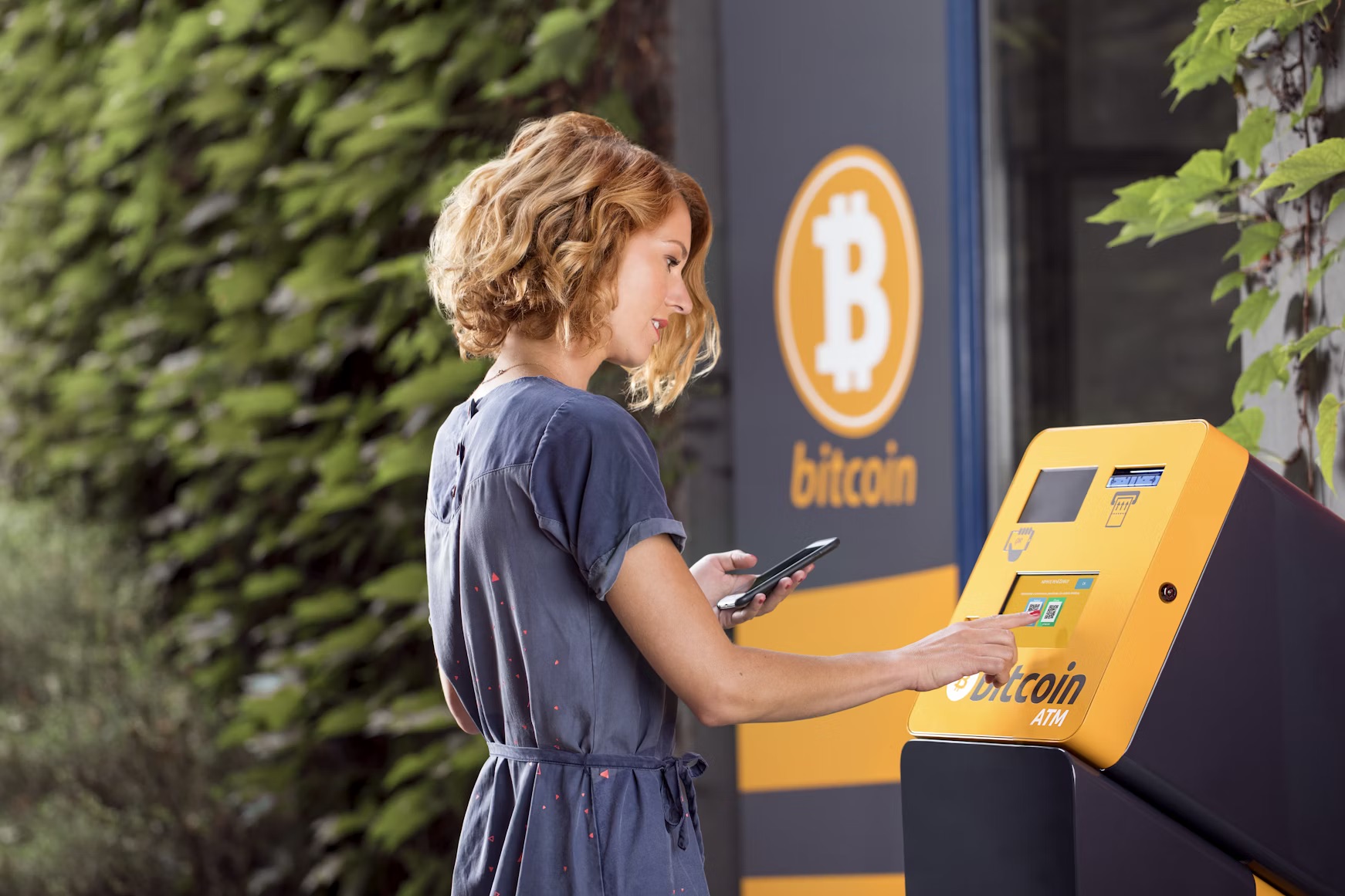
With the Senate Banking Committee expected to vote on a bill to address digital asset market structure by the end of the month, Senator Cynthia Lummis has suggested that the chamber’s version could include measures to address fraud through cryptocurrency ATMs. In a social media post on Monday, the Wyoming Senator cited a report from the Cheyenne police department, which had “identified 50 instances of fraud” predominantly affecting seniors through crypto ATMs, totaling “more than $645,000” in losses.
To date, the federal government has not passed a specific law to address fraud from crypto ATMs and kiosks. The U.S. Federal Bureau of Investigation (FBI) has reported that it received about 11,000 complaints of fraud cases at crypto kiosks in 2024, resulting in more than $246 million in losses. Lummis’ statement signals that the Senate’s version of the market structure bill could still be fluid and may include new provisions to address these types of fraud. The U.S. House of Representatives passed its version of the bill, the CLARITY Act, in July, but that text did not specifically mention crypto ATMs.
A Lack of Federal Regulation
Lummis’s remarks follow a similar effort from Illinois Senator Dick Durbin, who introduced the Crypto ATM Fraud Prevention Act in February. That bill proposed requiring ATM operators to “warn consumers about scams and take reasonable steps to prevent fraud at their machines.” That bill was referred to the Senate Banking Committee but did not advance for a floor vote.
The latest Senate draft bill, released by Republican leadership in September, also did not mention crypto kiosks or ATMs. However, Senator Lummis, who is working on the bill with Banking Committee Chair Tim Scott, said she believes the issue is settled and that she is “supportive of the compromise achieved by the banks and the digital asset industry.”
Local and State Governments Take Action
Without a comprehensive federal framework to address crypto ATM fraud, many U.S. state and local governments have passed their own laws. Cities like Stillwater, Minnesota, and Spokane, Washington, have banned crypto kiosks and ATMs in response to a surge in scam activity. The city council in Grosse Pointe Farms, Michigan, has preemptively imposed a $1,000 daily transaction limit on crypto kiosks.
As of August, 13 U.S. state governments have passed laws restricting crypto ATM activities. These regulations include measures such as daily transaction limits, requirements for refunds in cases of fraud, and mandatory warnings prominently displayed on the kiosks. Other provisions include requiring operators to register with state authorities.
What The Author Thinks
The absence of a comprehensive federal law has created a confusing and uneven “patchwork” of regulation across the country. While the actions of state and local governments are a necessary stop-gap, they are not a sustainable solution to a national problem. The debate over whether to include crypto ATM fraud in a market structure bill highlights a divide between a cautious, comprehensive approach and a more piecemeal, reactive one. The ultimate danger of this fragmented approach is that it leaves millions of people vulnerable to fraud while creating legal and operational uncertainty for the crypto industry. A clear, federal standard is needed to protect consumers and provide a level playing field for both traditional finance and the digital asset sector.
Featured image credit: GENERAL BYTES via Unsplash
For more stories like it, click the +Follow button at the top of this page to follow us.
